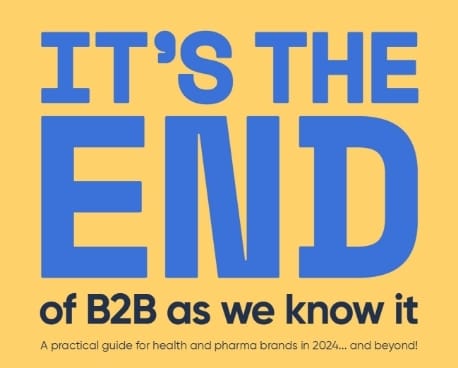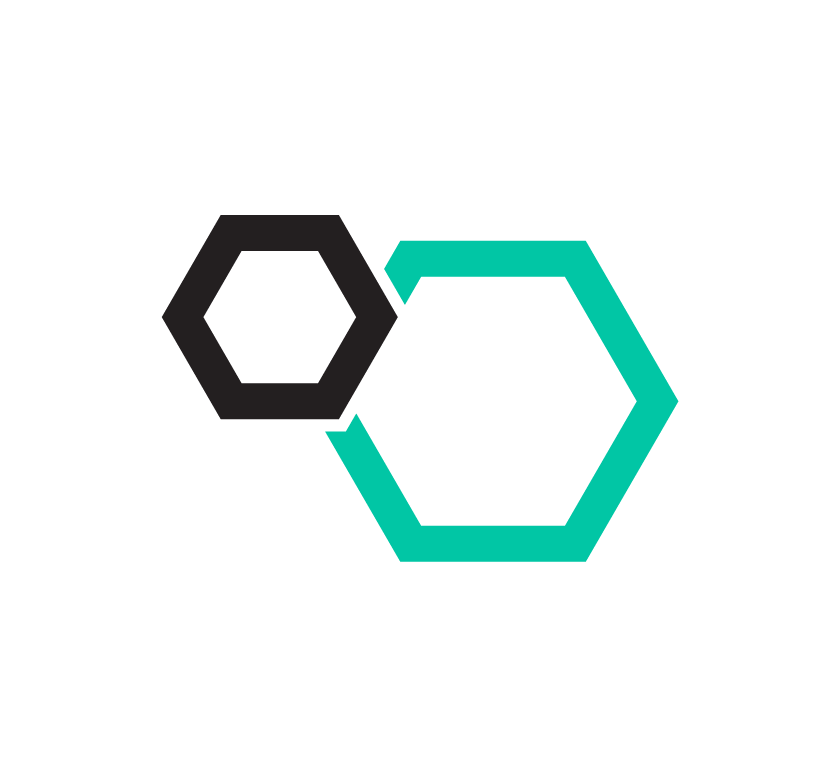Staying on top of the latest healthcare marketing news, opinions, regulatory changes, and insights is something we pride ourselves on. Every month, we highlight the stories that caught our attention and summarise them for you.
Here are your digital healthcare updates for August.
Misinformation about monkeypox reminiscent of early COVID, as healthcare marketers urged to change up tactics
The monkeypox virus has seen the WHO declare a global health emergency for the second time in two years. As we saw with Covid, misinformation spreads fast across social media. What can healthcare marketers do to help disseminate factual information about the virus? Marketers should focus on messaging that reflects a diverse population using culturally appropriate language and images. Tapping into influencers and well-known community advocates can be beneficial for getting the right message out to people. Read how marketers can change their tactics.
A medical marketing blind spot: LGBTQIA+ communities being left behind
How far has the medical marketing community come in its efforts to better engage LGBTQIA+ audiences? Although plenty of challenges remain, there are many opportunities for health and wellness organisations to market their products and services in an inclusive rather than segmented way. And with more than 20% of Gen Zers identifying as members of LGBTQIA+ communities, they will need to.
The pandemic saw a big uptick in health app use
In response to COVID-19, doctors and clinicians have made a big shift in their attitude towards digital tools and apps. Advances in telemedicine, digital devices and healthcare apps can help address inequalities and improve health equity. Dr. Tamsin Brown, leader of the NHS England Clinical Entrepreneur Programme and pediatric lead at ORCHA., talks further about these topics in this podcast.

The rise of home diagnostics and proactive self-care
Health-conscious people are driving huge growth in the consumer healthcare and at-home diagnostics market. NielsenIQ’s Global Health & Wellness Study of 17 Markets reported that 48% of global consumers prefer to make proactive decisions regarding their health and wellness. But this growth doesn’t come without bumps along the way. There are questions about how effective standard care vs self-care really is, with this recent study exploring self-monitoring of blood pressure when connected to a smartphone app.
Another recent article also highlights how technology isn’t always a good replacement for in-person healthcare support.
Meditation app user sessions fell 48% from their height in Q2 2020, and are continuing to fall
When the pandemic hit, the use of meditation apps surged. But since January 2021, the top two meditation apps, Calm and Headspace, have seen a steady downward trend in engagement metrics. Calm sessions are down 26.4% YoY in July, while Headspace sessions are down a huge 60.3%. At the same time though, Amazon is making its move into the mental health space. This suggests we are only scratching the surface when it comes to mainstream mental health care. Surface-level DIY treatments such as meditation apps can be useful but it’s clear there are huge opportunities for other solutions/options.
Missed last month’s healthcare marketing news? You can find the July round-up here.






